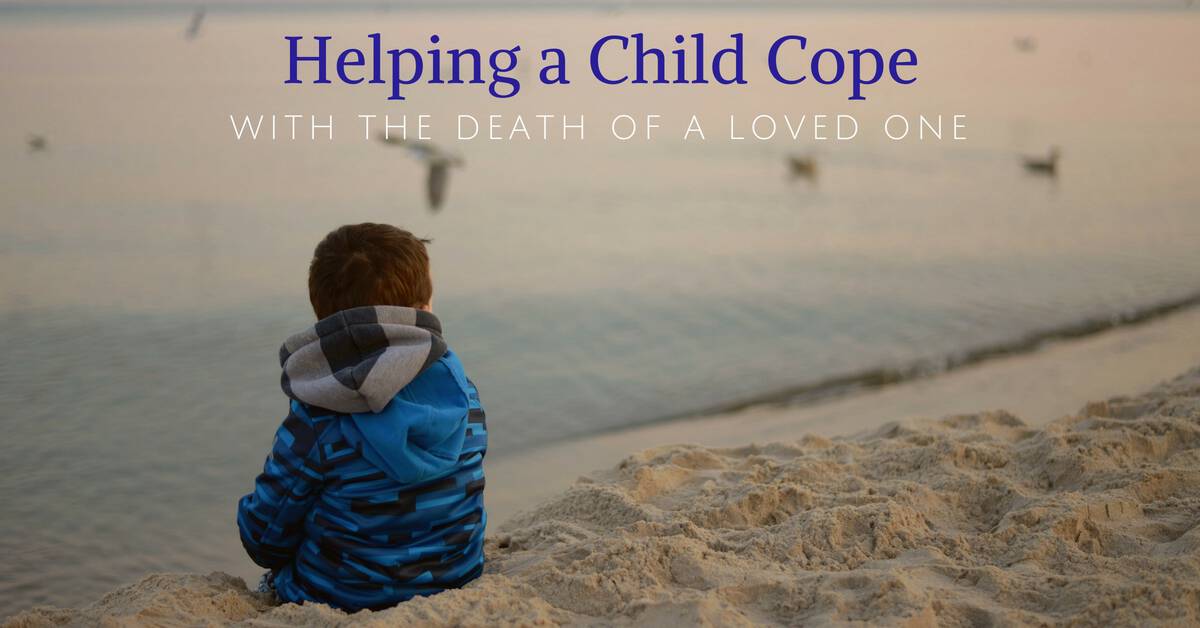There are many ways to show children who are dealing with grief and loss that you care. Here are some things to keep in mind as you support children through the grieving process:
- Keep the lines of communication open and encourage kids to share their thoughts and feelings while not pressuring them to do so.
- Listen to them tell stories about their loved one, whether this person is a parent, a grandparent, or someone else. The act of sharing stories can be very healing for a child.
- When it comes to emotions, validate that it’s okay to be sad and even angry, but gently remind them that their loved one wouldn’t want them to feel this way.
Try to help children to focus on happy memories of the individual they are grieving and to celebrate these cherished moments whenever possible. It’s important to help kids continue to feel a connection to their loved one and foster the significance of that person in their lives. Helping to maintain this bond will have a positive impact on them that will last a lifetime.
Following are ways to help grieving children cope with loss:
- Creating and decorating a memory box. A child can fill it with items that remind him or her of their loved one, such as jewelry, photographs, pieces of clothing, glasses, favorite quotes, poetry, etc.
- Writing a letter or making a card to tell the person they are missing what they’ve been up to since that individual passed away, as well as anything else they would like to share. They may choose to bring it to the cemetery and read it aloud at the grave or where their ashes were scattered.
- Pretending to “call heaven.” Depending on the child’s family and their religious beliefs, this can be a very therapeutic tool for children to pretend to have a conversation with their deceased loved one and share whatever is on their mind.
- Creating a memory book, which includes photographs of them with this special person as well as their favorite memories.
- Writing a story and adding illustrations.
- Playing their loved one’s favorite song or musical genre.
- Making or purchasing a new picture frame to put one of their favorite photographs of the person they lost in it.
It’s essential to provide children with space and time to speak about their feelings and allow them to choose how they would like to remember their loved one. When they are ready to share with you, listen with loving acceptance and non-judgment. There are no wrong feelings about loss, and it’s okay if they choose not to participate in an activity.
Remind children that they will always have their loved one, whether that is their mother, father, grandparent, etc., and that will never change. This person didn’t stop being their parent or grandparent, etc. the day that he or she passed away. Continue to encourage open communication with children as well as opportunities to remember the person who was so special to them.



